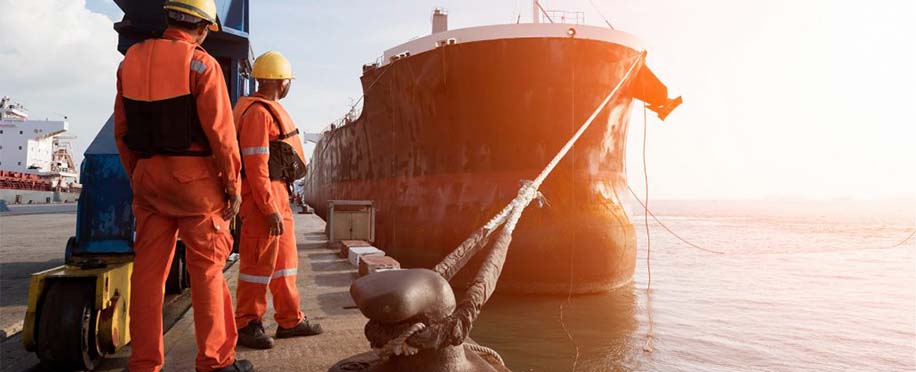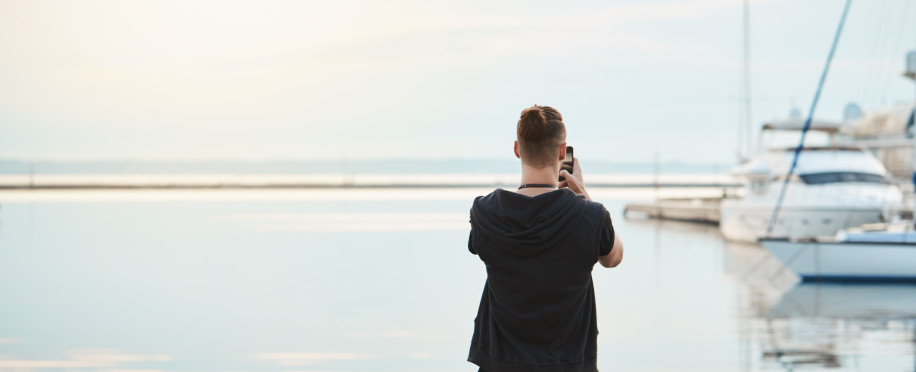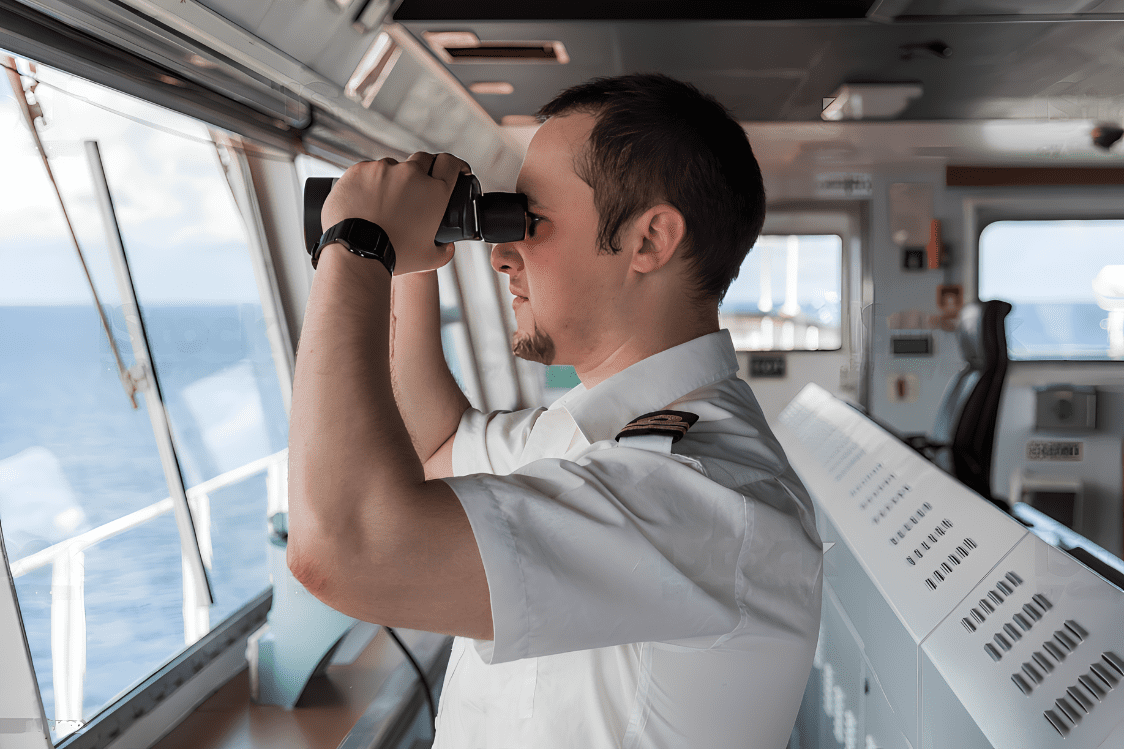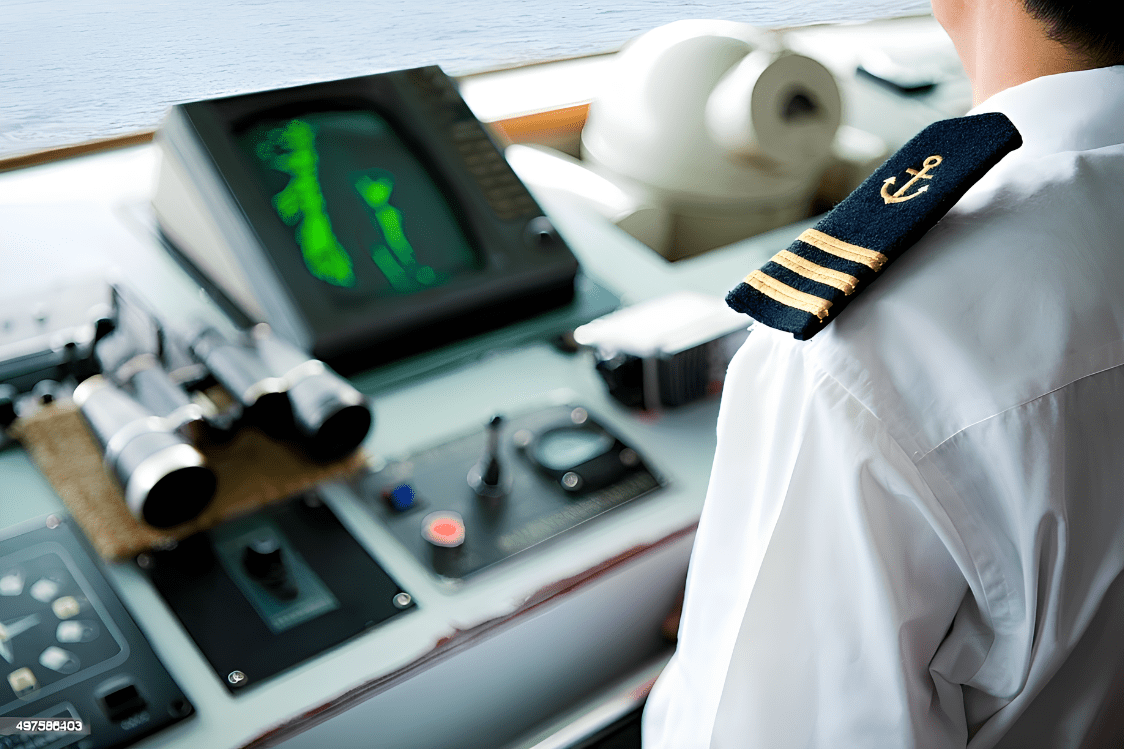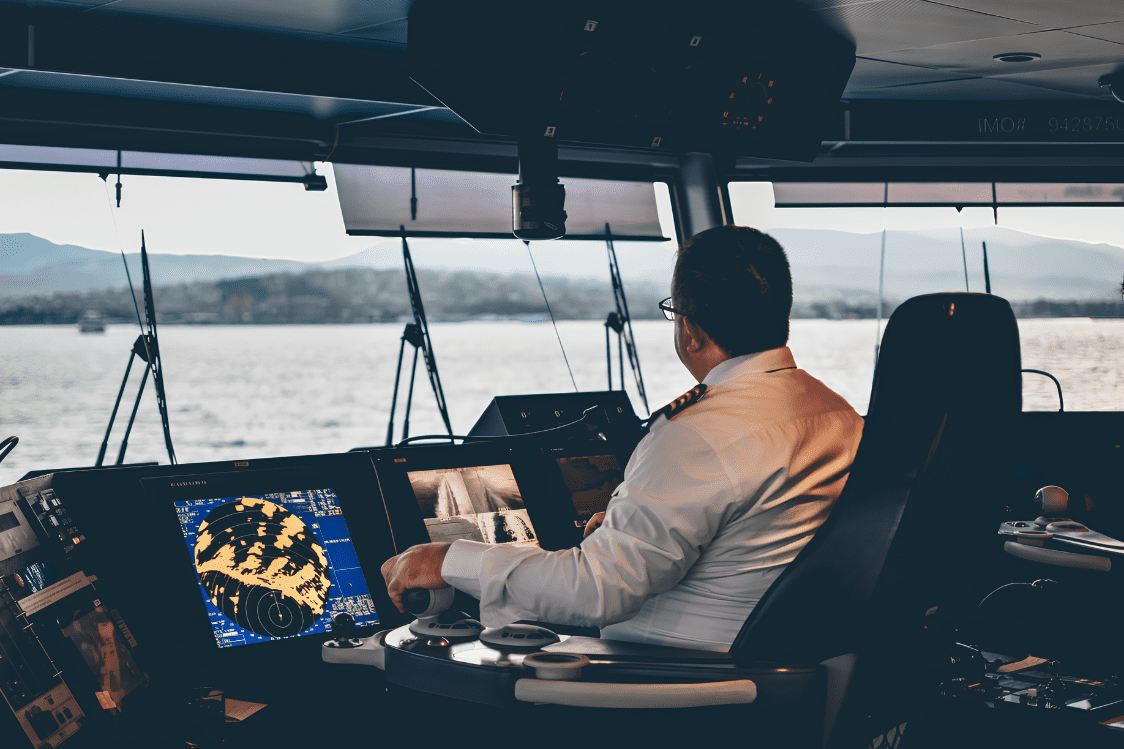Safety of Life at Sea (SOLAS): The Ultimate Guide to Saving Lives at Sea
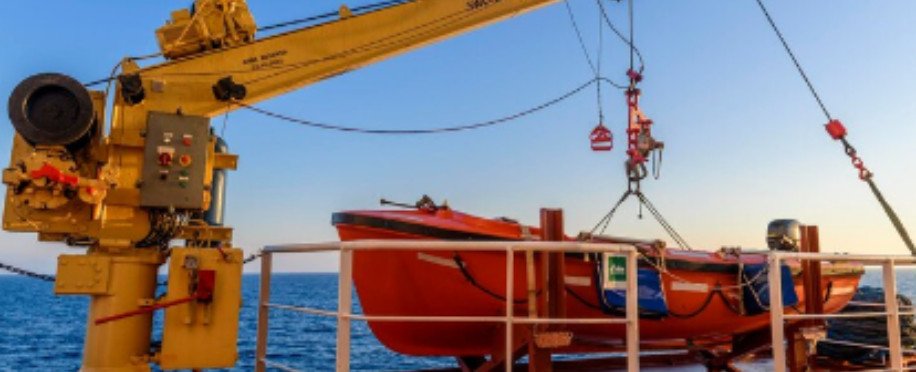
Posted on Apr 13, 2024 at 10:04 PM
Safety at sea is a highly important factor in the maritime industry due to its direct impact on human lives, cargo safety, and environmental health. Thus, the SOLAS regulations and standards are basic actions in maritime activities.
The main objective of the SOLAS convention is to provide the best working conditions for all crews and merchant vessels on the sea, without any risk factors or impacts, and all of that is done based on the International Maritime Organisation (IMO) constructions.
Today, we are going to share with you the latest details about the SOLAS convention, and international safety regulations and standards.
What Is the Meaning of SOLAS?
SOLAS term stands for the "Safety of Life at Sea" which is an international maritime safety document developed by the International Maritime Organisation (IMO). The SOLAS initiative started after the Titanic disaster to apply verified minimum navigation standards on all the ongoing processes on the ocean surface.
The SOLAS project is an international convention that sets the best practices for enhancing maritime safety, including various stern construction, equipment, and operation of ships, aiming to ensure the safety of life at sea and the prevention of maritime accidents.
Furthermore, SOLAS to the reformation of traditional maritime standard edition to be crafted based on new requirements and solutions.
Moreover, the SOLAS safety of life at sea is one of the most efficient contemporary treaties and conventions regarding maritime safety news and is widely engaged by national and international authorities.

The Key SOLAS Requirements and Standards:
All professional maritime safety training courses in Dubai highlight the importance of these SOLAS convention standards to improve the safety of life and voyages at sea.
Persuasively, all these SOLAS chapters require all the working luxury and merchant ships on the sea to be in the best condition in all aspects with consolidated technical standards.
-
General Provisions:
In this SOLAS chapter, we are referring to the general framework of the SOLAS convention that aims to ensure the safety of people at sea. Moreover, this international framework includes the fundamental and subdivision principles, such as:
-
Requirement of flag states to implement the treaty's requirements.
-
Shipowners are responsible for maintaining their ships in compliance with the established SOLAS safety agreement.
-
The establishment of safety procedures for inspections and enforcement.
-
Structure, Machinery, and Electrical Equipment:
The International Safety of Life at Sea Convention (SOLAS) clarifies all the requirements regarding the structural integrity, machinery, and electrical systems of ships.
Furthermore, this SOLAS construction chapter covers directed standards for hull construction, stability criteria, propulsion systems, energy consumption, and electrical installations. More than that, ensures that ships are built and maintained to operate safely on the sea.
-
Fire Protection:
Effective fire safety is a critical aspect of SOLAS, as the speed prevention, detection, and suppression of fires on board ships help us avoid big losses, protect lives, and minimise risks.
These international safety requirements in SOLAS include the installation of fire detection systems, the providing of firefighting equipment, and the implementation of fire drills and training for crew members.
-
Life-Saving Appliances and Arrangements:
Facilitating rapid and effective evacuation of passengers and crew from ships in emergencies is vital in saving the lives of persons and minimising disasters, thus, the SOLAS treaty requires providing quality life-saving appliances and arrangements on every ship.
This SOLAS standard not only includes providing trusted life-saving requirements like lifeboats, life rafts, lifebuoys, and other essential equipment but also guarantees the maintenance and accessibility of these rescue resources.
-
Radio Communications:
Effective communication in the sea is essential to achieve the safety and security of various maritime operations in emergencies and other situations.
Therefore, the International Convention on the Safety of Life at Sea (SOLAS) establishes the required standards for radio communications on board ships, including amended requirements for distress alerting, ship-to-ship and ship-to-shore communication, and the global maritime distress and safety systems (GMDSS).
-
Carriage of Cargoes (Different types of cargoes and goods):
In most cases, ships carry products and goods from one point to another and the safety of the shipping process is a core point to consider a voyage a successful one.
This encouraged the International Maritime Organisation (IMO) to cover the details of the safe carriage regulation of various types of contracting by sea to set a specific code or protocol for maritime companies to follow.
This designed SOLAS standard talks about the safety of risky materials, bulk cargoes, and containerised goods, including the main requirements of gross mass, packaging, stowage, and container handling.
To sum up,
The main goal behind all the standards and regulations of the SOLAS Safety of Life at Sea convention is to protect lives and provide the best working conditions for all workers within a safe and healthy travel environment.
However, the first action during any emergency is vital, thus, training your team and preparing a response strategy is vital to translate all the international safety regulations into action.
